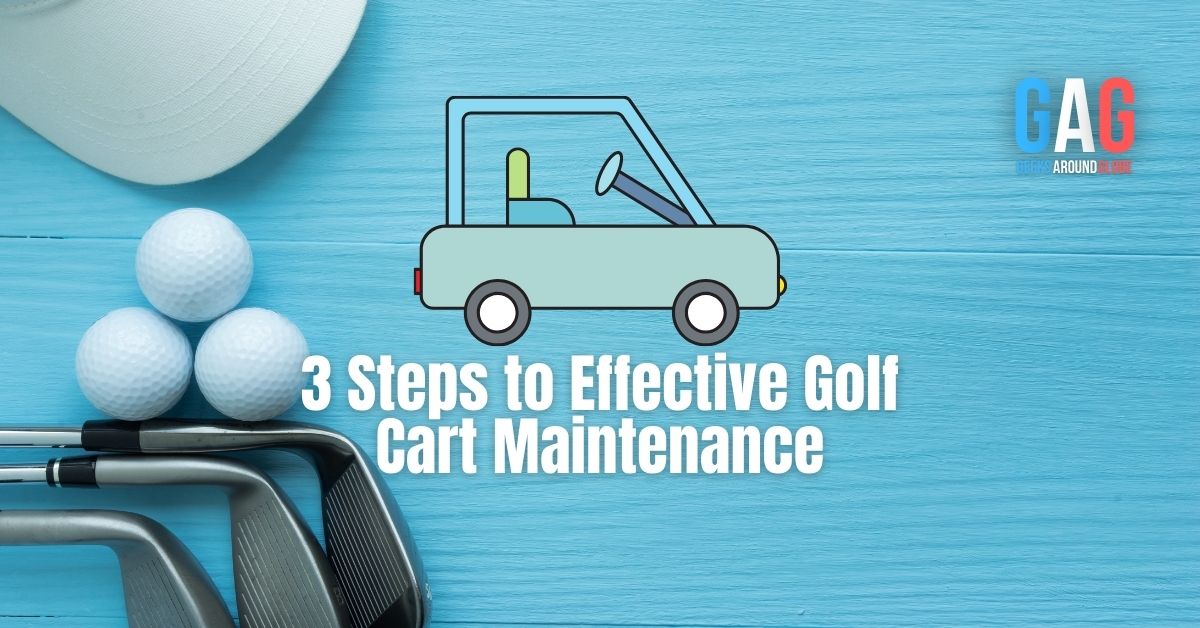- 1. Questions to Ask Before Buying Funeral Insurance
- 1.1. What type of policy do you offer?
- 1.2. Is there a pre-existing condition clause?
- 1.3. What are the limitations or exclusions on the policy?
- 1.4. Is there a waiting period?
- 1.5. What payment options are available?
- 1.6. Are there any age restrictions in place?
- 1.7. How does the policy handle inflation?
- 1.8. Are there any discounts available?
- 1.9. What is the process for filing a claim?
When the time comes to plan a funeral, it can be an overwhelming process marked by emotion and financial strain. Funeral insurance can help ease this burden in more ways than one, yet there is still much to consider before you commit. Learning what questions to ask can provide peace of mind that your investment will make the most beneficial impact for you and your family during a difficult time. In this blog post, we’ll discuss some essential inquiries to address when exploring funeral insurance policies so that you are able to find the best option for your needs.
Questions to Ask Before Buying Funeral Insurance
When you are looking into buying funeral insurance, there are some key questions that you should ask the insurer before signing any paperwork. Here is a list of the most important questions to ask:
What type of policy do you offer?
It is important to know if the policy covers only burial expenses or if it also includes other costs associated with the funeral. Get the detailed information about the policy you are about to purchase and then make the final decision accordingly.
Is there a pre-existing condition clause?
It’s important to ask the insurer if they have a pre-existing condition clause in their policy. This means that any medical conditions diagnosed before taking out the funeral insurance may not be covered, so it’s important to understand what is and isn’t covered. Make sure to ask the insurer what their pre-existing condition clause covers and if there is a waiting period for certain conditions before they are eligible for cover.
What are the limitations or exclusions on the policy?
It is important to familiarize yourself with any potential limits or restrictions that a funeral insurance policy might have. Depending on your insurer, you may be subject to certain age limits, payment caps or pre-existing medical conditions that can affect your coverage. Additionally, check for any exclusions that might be present, such as any restrictions on how the policy proceeds can be used. All of these details should be outlined in the insurance policy so make sure to take the time to read through it carefully.
Is there a waiting period?
In some cases, funeral insurance policies may include a waiting period before your coverage kicks in. This is typically 30 days or less, but it is important to ask about this up front. Knowing the exact timeline can help you plan accordingly and get the most out of your policy.
What payment options are available?
Some insurers may offer flexible payment plans for funeral insurance policies, allowing you to pay over a period of time instead of paying the full premium upfront. Make sure to inquire about any available payment options like credit card or online transfers. If you have the best credit card that offers cash back rewards, paying funeral insurance premium using your card can help you save bucks on each payment you make. Also find out if there are any additional fees associated with them.
Are there any age restrictions in place?
Many insurers limit the ages at which they will provide funeral insurance, typically ranging from 18-75 years old. Others may also require you to purchase a minimum of two years worth of premiums before they will provide coverage. Be sure to ask about any age restrictions and the frequency at which you need to make payments in order to maintain your policy.
How does the policy handle inflation?
Inflation is an important factor to consider when it comes to funeral insurance policies, as the costs associated with end-of-life services tend to increase over time. Ask your insurer if they offer any type of inflation protection or cost-of-living adjustments that can help you keep up with rising prices.
Are there any discounts available?
If you’re looking to save money on a funeral insurance policy, ask your insurer if there are any discounts available. Many insurers offer additional discounts for veterans, seniors or those paying for a policy in a lump sum. Be sure to ask about any other potential savings that may be offered.
What is the process for filing a claim?
The last thing you want to deal with after a loved one passes away is the hassle of filing a claim. Make sure to ask your insurer about their exact process for filing a claim, so you know what to expect when the time comes. This should include details like how long the claims process takes and whether there are any additional requirements or documents needed to submit a successful claim. Knowing this information upfront can help make the process smoother and less stressful.







